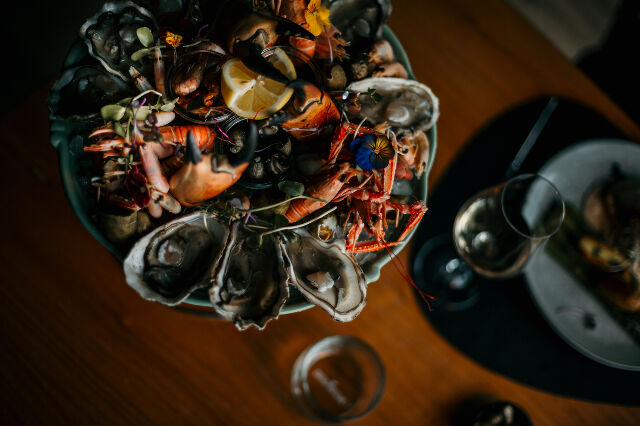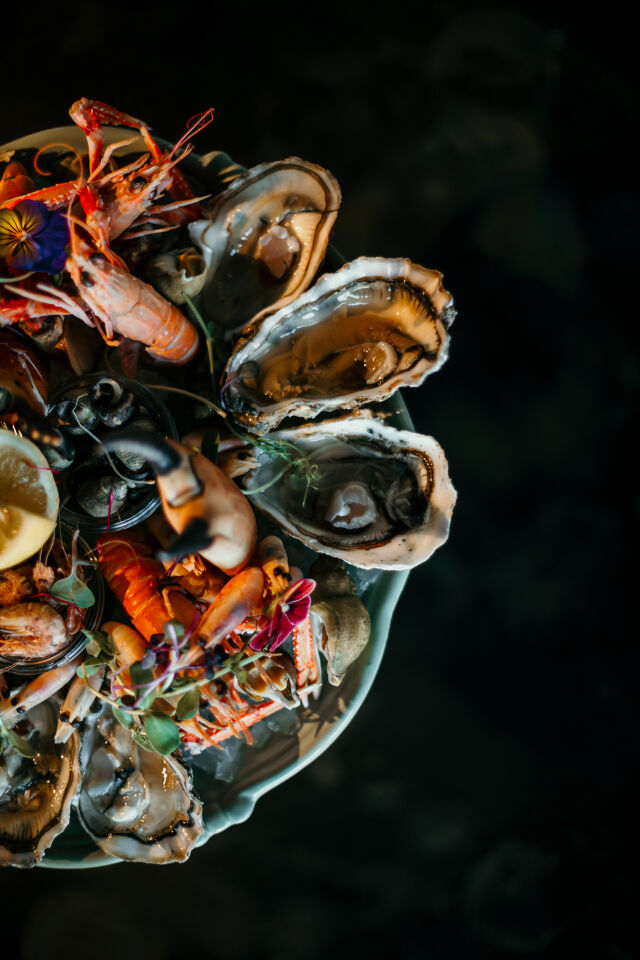
The impact of nutrition on stress and wellbeing: what does science say?
Stress is an inevitable part of modern life, but how we deal with it can make a world of difference. In addition to exercise, mindfulness and relaxation, nutrition also plays a crucial role in our well-being. The question is: how does what we eat influence our mental health? In this blog, we explore the scientific insights on the relationship between food and stress and how you can use conscious food choices to improve your well-being.

The link between diet and stress
Did you know that your brain is one of the most energy-intensive organs in your body? They consume about 20% of your daily calorie intake. What you eat has direct influence on how you feel. Research shows that a balanced diet rich of essential nutrients can help reduce stress and increase your mental resilience. Stress activates the body's own "fight-or-flight"-mechanism, in which the stress hormone cortisol is released. Although this hormone is useful in the short term, chronic stress can lead to inflammation, disturbed sleep and even mental disorders such as anxiety and depression. Fortunately, nutrition can help balance this process.
Which nutrients contribute to stress reduction?
Magnesium
Magnesium plays a key role in relaxing muscles and the regulation of the stress response. Foods such as spinach, nuts, seeds and dark chocolate are excellent sources of magnesium.
Omega-3 fatty acids
These fatty acids, found in oily fish such as salmon, flaxseed and walnuts, support brain function and reduce inflammation associated with stress.
Complex carbohydrates
Think whole-grain products, sweet potatoes and quinoa. These foods help keep blood sugar levels stable, which positively affects your mood and energy positively.
Probiotics and prebiotics
Your gut health has a direct impact on your brain via the so-called "brain-gut axis". Fermented foods such as yoghurt, kefir and kimchi, as well as high-fibre products such as fruit and vegetables,promote healthy gut flora and thus support your mental well-being.
Vitamin B complex
Vitamins such as B6, B12 and folic acid support the production of neurotransmitters such as serotonin, which contribute to feelings of happiness and relaxation. Eggs, leafy vegetables and legumes are good sources.
Diets that can reduce stress
While there is no ‘one-size-fits-all’ diet, studies show that some diets are particularly effective in improving mental health and reducing stress:

Waer Waters' role in your wellbeing
At Waer Waters, we understand that wellbeing is a holistic concept in which nutrition, exercise and relaxation reinforce each other. Our culinary options are carefully curated to not only delight your taste buds, but also nourish your body and mind. Choose from dishes rich in nutrients, inspired by the Mediterranean diet and fresh, local ingredients. Discover how you can enjoy a total relaxation experience, from the spa to a healthy meal.
Conclusion
Science shows that food can be a powerful ally in the fight against stress. By consciously choosing foods rich in essential nutrients, you can strengthen your mental resilience and improve your well-being. Combine this with a visit to Waer Waters for a complete moment of relaxation and indulgence.
What step are you taking today to harness nutrition for a stress-free life?





